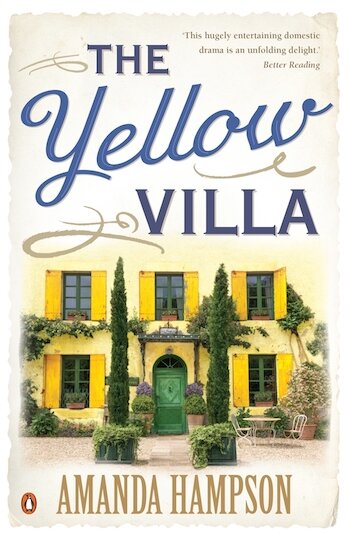Two for the Road Extract
Dance of the Blessed Spirits
Straight and slick as a liquorice strap, the road ahead shimmers in the haze of the midday heat. Light dances wildly on iridescent blue paintwork, pirouettes on chrome. A salty wind straight off the ocean tugs at my hair through the open window of the truck. The hum and crackle of the police scanner ripples over the steady roar of the engine. Over the top of it all, Barnsey belts out unshaven, raw-throated rock. The rattle and squeak of the tow winch keeps the beat, as does Kingi. At the wheel, half-turned towards me, one arm stretched along the back of the seat, his body pulses to the rhythm with a commitment beyond that of a mere listener: he’s wired, every beat a kick of current. We air guitar the lead breaks and scream the choruses, oblivious to the outside world as we speed past scraggy paddocks, broken-down fences and weary cattle, worn out by the long hot summer.
Kingi looked straight ahead at the road, his eyes obscured from my line of vision by a pair of cheap plastic wraparounds. I sat beside him, calf-deep in the snarl of clothes and belongings he called his wardrobe. I was twelve years old and thought nothing of it; it was just like my own bedroom but in a more confined space.
Kingi had come across ‘the ditch’ in ’78, when he was just eighteen, to join his cousin’s legendary shearing gang that worked the properties of rural New South Wales. ‘When the Aussies need experts, they call in the Kiwis, ay.’ He had a great affinity for wool – less so for sheep – and the cab of the truck was practically lined in sheepskin. ‘Bloody magic,’ he always maintained. ‘Warm in winter, cool in summer. Question is, How does it know?’
Despite the jammy odour and the mess, I loved being in Kingi’s truck. It was full of interesting stuff: shells and carved bits of wood floating around the dashboard; a plastic toothbrush holder, complete with cup and toothpaste, stuck on with a lump of tape. He was fussy about his teeth; they were his best feature, he reckoned. There were birds’ feathers he’d picked up and hooks made of bone hanging from the rear-vision mirror; works in progress. It was the witchdoctor’s pantry. Everything he owned was in that cab but the truck itself belonged to my dad, Al Munro.
My dad was a towie and quite an ambitious one, I came to realise later in life. This was his second tow truck. There was also a third, driven by a man called Sid. Bilkara Towing was a business with a future, he used to tell me and Mum. He envisaged half a dozen trucks, maybe more if people kept having so many kids and Bilkara kept grow- ing. The town was making an effort to attract holiday-makers; just that year the camping ground beside the beach had doubled in size and there was talk of creating a summer surf carnival. More cars equal more accidents. Simple mathematics. Towing was Dad’s vocation; his calling. ‘You can’t find a better job than rescuing people,’ he was fond of saying. ‘We’re the most efficient rescue service in the world – all you gotta do is hit something. Our eyes are everywhere.
Praise for Two for the Road
‘…standards of plotting and editing that make a lot of ‘literary’ fiction look shabby.’
Sydney Morning Herald
‘Another highly entertaining read by a truly talented Australian author.’
Bryce Courtenay






